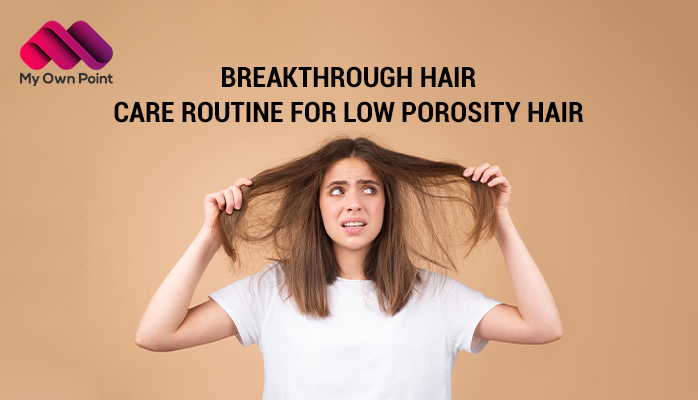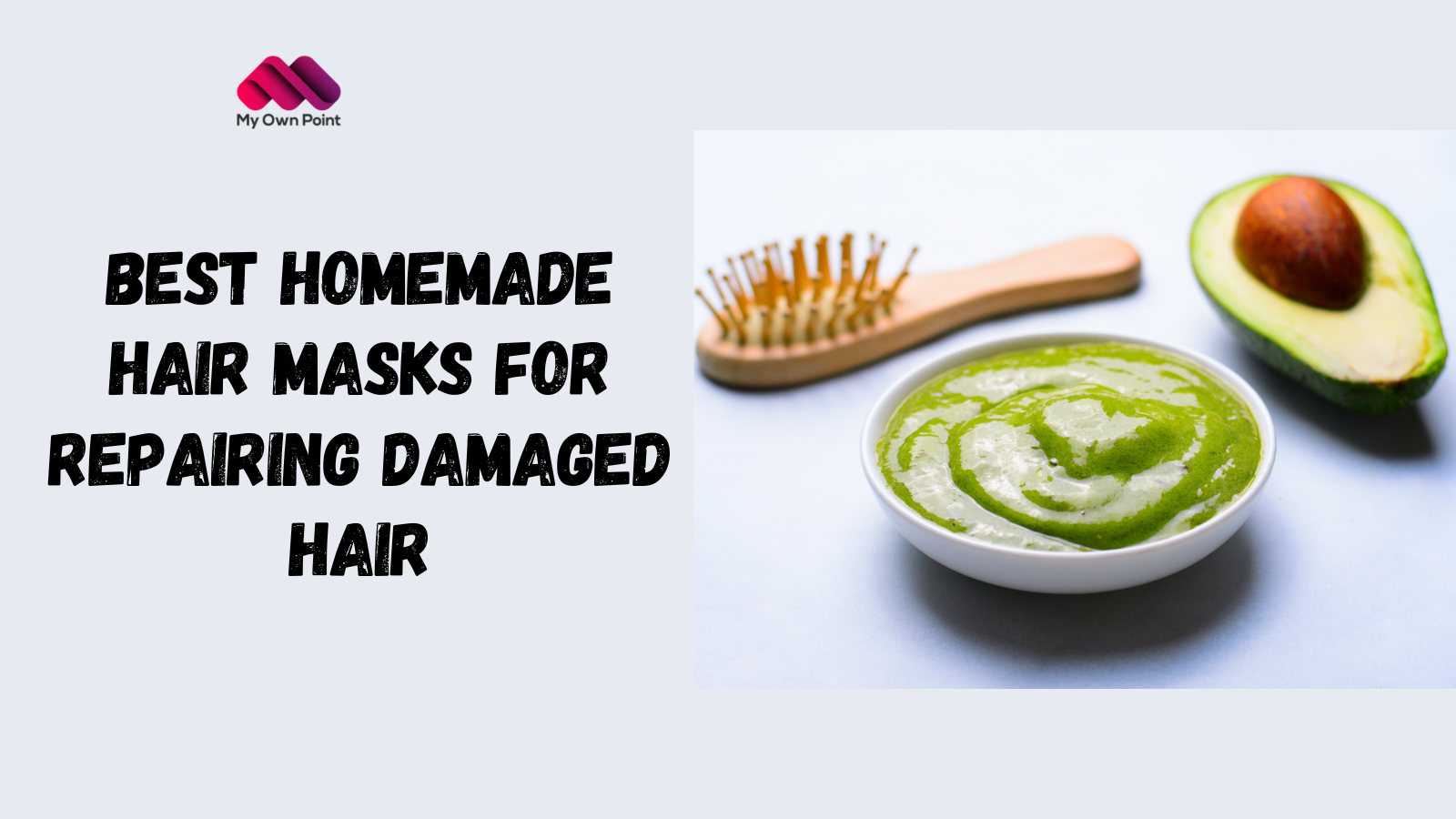One particularly challenging hair type is low porosity hair. With its tightly bound cuticles that resist moisture absorption, it requires a strategic approach to achieve optimal health and vibrancy. In this comprehensive low porosity hair care routine guide, we will deliver a breakthrough routine to healthier, fuller, shinier hair.
How Do You Know the Porosity of Your Hair?
Porosity of hair is defined as the ability of the hair to take in moisture and keep it within for as long as possible. Our hair consists of three layers, including the cuticle cortex and medulla. The outer layer or the cuticle is similar to roof shingles, where each shingle overlaps the other. In low-porosity hair, these cuticles are tightly packed, and it becomes exceedingly difficult for water, moisture, or any type of treatment to get inside.
Also Read: Transform Your Diet Plan for Skin and Hair In 2025
Key Traits of Low-Porosity Hair:
- Often seen with individuals who have a straight hair texture.
- Takes a long time to wet and dry because of a strong inclination to repel water.
- Usually controlled by genetics or grooming habits.
Testing for Low Hair Porosity:
- Float Test: Take a single strand of hair and place it atop a wide-rimmed glass filled with water. If it floats, this may indicate low porosity.
- Spray Test: Spray water directly on the hair. If the water forms beads instead of getting absorbed, low porosity is likely.
Note: Getting familiar with the porosity of your hair makes it much easier for you to select the best hair products that would help maintain the health of your hair.
Also Read: Vitamin Deficiencies That Cause White Hair
Home Remedies for Low Porosity Hair – Step By Step
Let’s follow below given home remedies for low porosity hair that you need to know:
Step 1: Prep with penetrating oils
Penetrating oil treatment in hair before shampooing with coconut, avocado, or olive oil. Gently heat the oil, apply from root to tip and cover your hair with a shower cap. Heat lifts the cuticles, allowing the oil to penetrate deeply.
Step 2: Flush and reset
After that, clarifying shampoo removes product build-up, oils and impurities that can keep moisture away from your hair.
Step 3: Use Lukewarm Water
Wash your hair with lukewarm water instead of hot water. Because it can further seal the cuticles, making it more challenging for moisture to penetrate.
Step 4: Apply a Lightweight and Moisture-Rich Conditioner
Opt for a conditioner enriched with humectants like glycerin and aloe vera. Section your hair and apply the conditioner, detangling gently with a wide-tooth comb. It adds great addition to your low porosity hair care routine for healthy and beautiful locks.
Step 5: Try “Slack Mode”
Apply a water-based leave-in conditioner or moisturiser to damp hair and wear a cap or plastic bag, forming a greenhouse effect favouring moisture absorption. Leave it on for several hours or overnight for maximum benefit.
Also Read: 5 Simple Homemade Face Mask for Glowing Skin
Step 6 – Occasional Protein Treats
Although low-porosity hair can be sensitive to proteins, occasional protein treatments can strengthen hair. Opt for a protein skincare regimen with hydrolyzed protein for easier absorption.
Step 7 – Choose light styling products
Choose light, water-based styling products such as creams, gels or mousses. Use glycerin or aloe vera for hair growth that moisturises without causing product build-up.
Step 8 – Seal with light oil
After styling, lock in moisture with a light oil like jojoba or argan oil. Concentrate on the ends and lengths, avoiding the roots to avoid weighing down the hair.
Step 9: Limit heat styling
Excessive heat styling can further damage low-porosity hair. So, use a heat protectant and opt for low heat settings.
Step 10: Regular deep care
Add deep conditioning treatments into your routine to help maintain moisture levels and nourish your hair. Use a deep rinse with heat or steam to allow deeper penetration.
Also Read: 10 Amazing Cornstarch Benefits for Skin You Didn’t Know About
Tip For A Good Low Porosity Hair Care Routine
- Conduct monthly clear washes to prevent the build-up of products that could affect moisture absorption.
- Enhance your grooming by wrapping your hair in a hot towel. The heat favours the opening of the cuticles and, thus, the absorption of the product.
- Use liquid (water), oil and moisturiser, or liquid, cream and oil methods to lock in moisture effectively.
- Be patient and consistent in your routine because it may take time for your hair to fully adjust and show noticeable improvements.
Conclusion
Low porosity hair care routine requires an informed and strategic approach. You can nourish your hair by understanding the unique challenges of soft porosity hair and the innovative hair care routine outlined above. With every step you take, you’re one step closer to having shiny, healthy, resilient hair you can confidently show off to the world.
Also Read: 10 Best Sunscreens for Oily Skin Dermatologist Recommended In India




